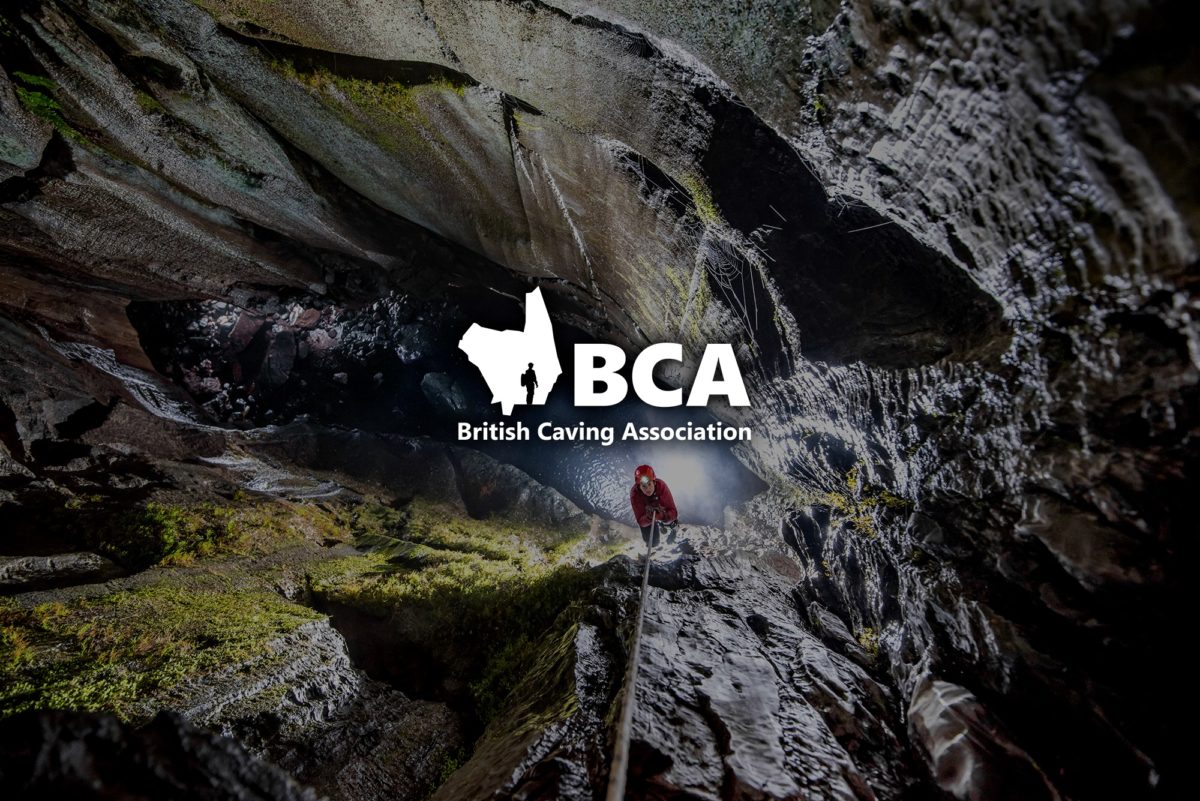After a remote hearing at Cardiff High Court on 13 October, we were
again refused permission to bring a judicial review of the decision by
the Steering Group set up the Welsh Government (WG) to refuse membership of its Access Reform Advisory Group (ARAG) to Stuart France of the CCC on the ground that caving is not covered by the CROW Act.
The judge accepted the WG’s argument that because ARAG can only advise, not make policy, nothing it does can be judicially reviewable.
Therefore, in his view, we do not have a ‘justiciable’ case. Our barrister argued that this was wrong because the Steering Group is chaired by the senior WG civil servant in charge of outdoors policy, and in deciding membership of its advisory groups, was therefore exercising a power that should be reviewable by a court. Both sides accept that if that civil servant, Simon Pickering, had made his decision sitting in his WG office, it would have been justiciable. Because he did it in the conference room next door, as chairman of ARAG, the WG argued, it isn’t.
This decision to exclude cavers from ARAG means that in effect, the WG has been saying: ‘we are consulting on reforming the law on access, but we don’t want to hear from you cavers because the law as it stands now doesn’t cover you.’ This, we believe, is illogical and deeply unfair.
Moreover, as the court heard, Natural Resources Wales, which was also
part of our action and has a staff member on the ARAG steering group,
stated last year in correspondence with Stuart that it believes the law on cavers and CROW is unclear and the ARAG process might be an opportunity to clarify it.
However, the judge – who appeared to be reading his decision from a screen, having written it before the hearing – was unmoved. He accepted the WG’s arguments.
Our lawyers believe this decision was unjust, and, more to the point,
wrong in law. They believe we have a good chance of winning an appeal and therefore getting a proper hearing of the real issues, rather than just this sterile argument over justiciability.
BCA is now considering is position.
Dave Rose
CRoW Working Party Convenor


5 replies on “Update on the CRoW Judicial Review.”
Please can you confirm the total cost to date of this case?
This case has cost BCA a significant proportion of its reserves. Please do not give any more of our money to this particular firm of lawyers who have, so far, been proven wrong twice about the particular merits of this particular approach.
The continued pursuit of legal review is an unacceptable waste of cavers money. To force this issue through judicial review will probably alienate landowners who will be inclined to balance access across their ownership. Open Access on the moorlands, none on their enclosed pasture land perhaps? The whole campaign has been misguided and a minority interest. The caving community has had huge access to caves on open land for decades and farmers have been our friends. I am up for open access to all caves in Access Land, just not through expensive legal challenge in the courts. Of all the things BCA could spend is money on and noting Howard Jones’s report in the February 2020 Newsletter, none of them included expensive lawyers.
I hope the “new BCA” will bring common sense back into the discussions and stop chasing political unicorns.
I was against this approach in the first place because we had reasonable access arrangements already and new access agreements were being negotiated with landowners all the time. If we impose an access right I can see the potential for some landowners to withdraw cooperation and in the case of old mines do more to prevent access using section 151 of the M & Q Act as their justification. There is also the not insignificant cost of going to law. Is further expenditure justified. If the lawyers are so certain of success ask them to do it pro bono or on a no win no fee basis.
We may not get another chance at ending the ambiguity over the law any time soon, and I believe I read on UKCaving that going to appeal is a small cost compared to the cost of the case so far (which I also think is only a small fraction of the BCA’s reserves). This is what the BCA should be doing – campaigning on a national basis, and leaving the local access to the regions.